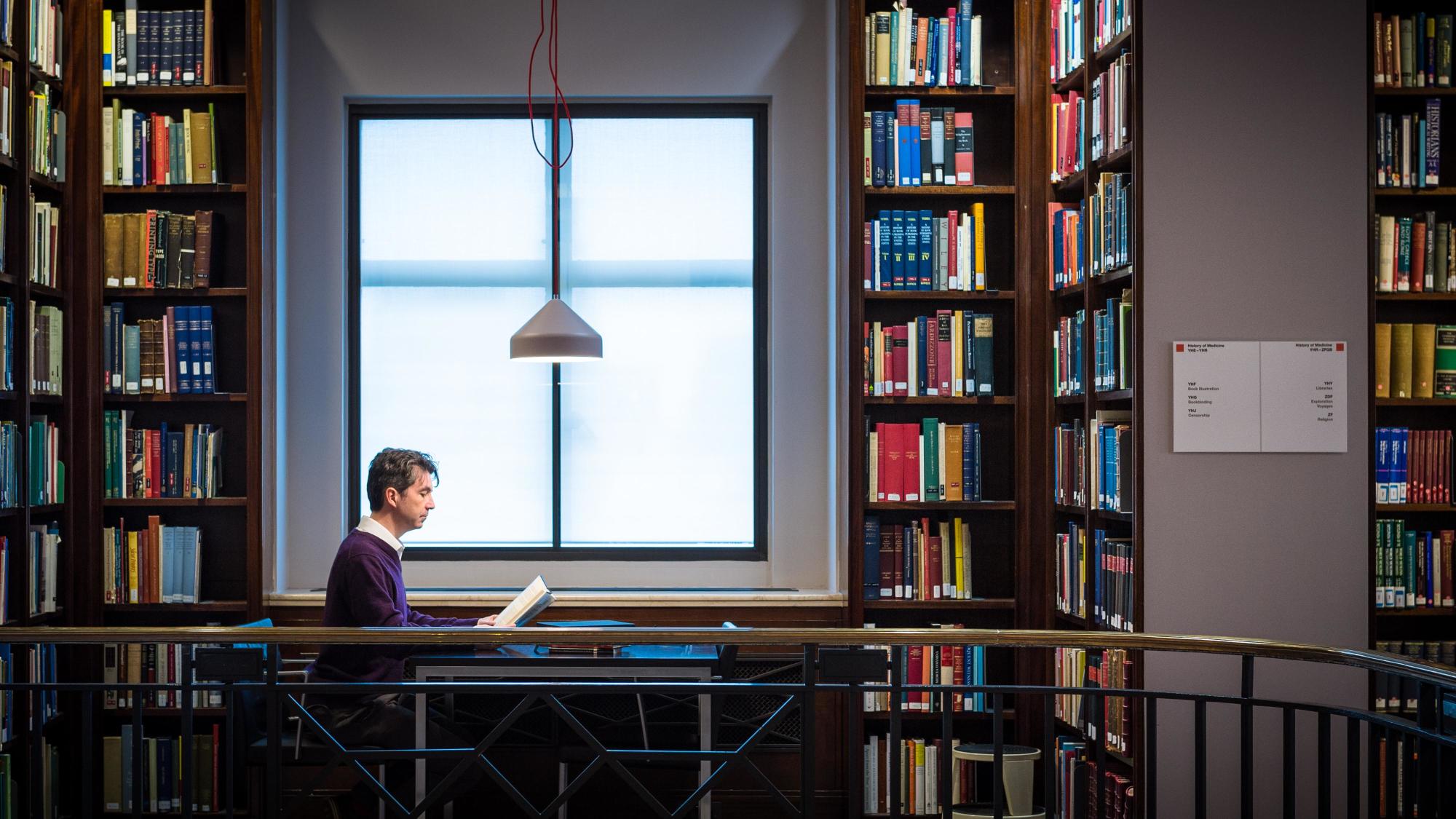Neurodiversity Drives Success When Workplaces Adapt, Says APM Study
Analysis from the Association for Project Management suggests that neurodivergent staff could help businesses become more successful if workplaces were more...
Read Full Article
According to a report by the British Council for Offices, those who belong to the neurodiverse community are currently unsupported in the current employment ecosystem.
A significant principle of neurodiversity is the belief that it is not the pathology of a condition that causes a disability. It’s actually caused by a culture is only equipped to support a small range of variability.
Understanding the difference can help create a new framework for approaching design, and the ability to make society more just and inclusive, says The British Council for Offices (BCO).
Their report integrates the health aspects of an office environment with how these affect access to employment for those who identify as neurodivergent. It also outlines the considerations that built environment practitioners can take to make offices enabling environments, and the crucial role of more inclusive designs.
The report specifically defines an enabling work environment to be one that supports the mental, social, psychological, and physical health of those inhabiting the space. The characteristics of enabling spaces include:
As well as considering the characteristics that make an enabling environment, it is important to consider that like all communities, the neurodiverse community is complex and contains a wide range of people with a wide range of needs.
Therefore, each office space is an opportunity to build a unique and nuanced relationship with the people who will inhabit that space. The report highlights that this starts with creating a set of methods that will delineate how the design team, client and employees will engage in an equitable collaboration with the purpose of creating an enabling environment.
These methods include observation of a “day in the life” composite to understand users’ needs, testing design concepts to ensure they are fit for purpose and a flexible approach to make further changes down the line.
Through thinking of the office space beyond employment and as part of a wide societal ecosystem, the BCO is advocating support for the neurodiverse community through design choices that deliver the ability to begin to shift the narrative from productivity to healing.
When labour and its physical condition put people’s health at risk it can have a wide societal impact by placing a burden on the NHS and impeding people from developing to their full potential and even playing a role in future health inequities.
The BCO is therefore calling for more inclusive design and regulatory change, with this new research proposing recommendations that should be adopted for elements of building design to make buildings more accessible to the neurodiverse community and to protect the mental and physical health of neurodivergent people.
The report can be accessed here: https://www.bco.org.uk/
Picture: a photograph of a person working at desk, reading a book in a library setting, surrounded by shelves of books. Image Credit: © Ben Gilbert, Wellcome Images
Article written by Ella Tansley | Published 16 June 2022
Analysis from the Association for Project Management suggests that neurodivergent staff could help businesses become more successful if workplaces were more...
Read Full ArticleShane Manogue, CEO of W12 Group and Lovit Technologies, has been named as a Diversity in Construction Ambassador for 2023’s London Build Expo. Shane met up with...
Read Full ArticleA report commissioned by The National Federation of Builders shows that neurodiversity is not only common amongst construction workers, but being neurodivergent is...
Read Full ArticleThe Royal Institute of British Architects has published new guidance to ensure that inclusion and accessibility are considered at every stage of the design and...
Read Full ArticleChurchill Group has marked Neurodiversity Celebration Week 2023 by signing the Neurodiversity in Business charter and inviting Bianca Angelico to speak about her lived...
Read Full ArticleIn this Spotlight Interview, we speak to psychologist, entrepreneur and workplace wellbeing specialist Lee Chambers. Lee Chambers is the Founder of Essentialise...
Read Full ArticleA new building design standard has been created to ensure that the built environment is accessible to both people with physical disabilities and neurodivergent people...
Read Full ArticleThe business case for a more accessible travel experience is clear – but how can built environment professionals make public spaces such as airports less stressful...
Read Full ArticleCompass Group UK & Ireland has partnered with Tower Project JET Service to support people with learning disabilities and autism. According to NHS...
Read Full ArticleAiming to promote inclusive and measurable wellbeing to SMEs, Lee Chambers is sharing his experience of accessing corporate wellbeing as a young black...
Read Full Article